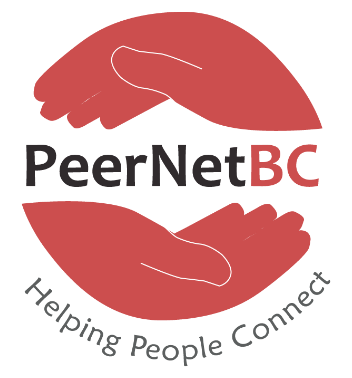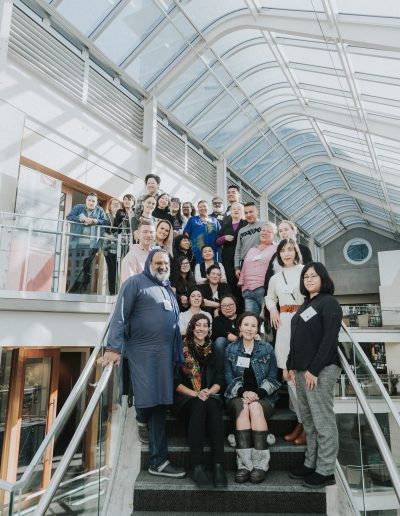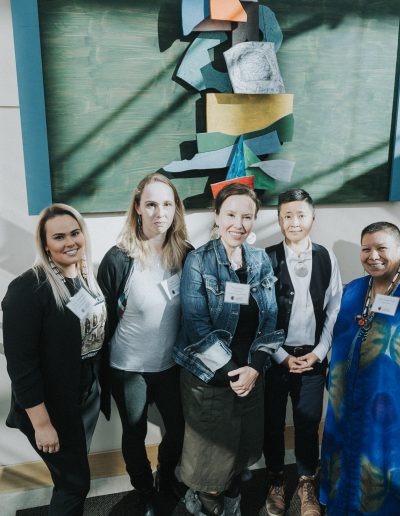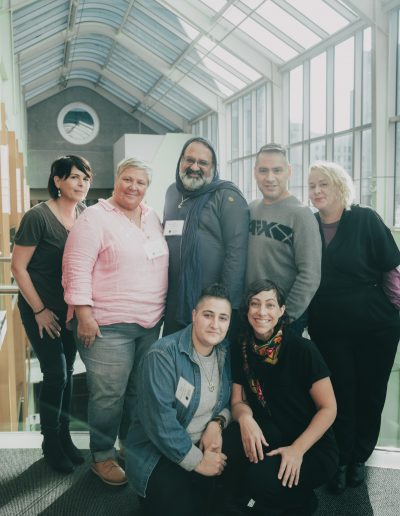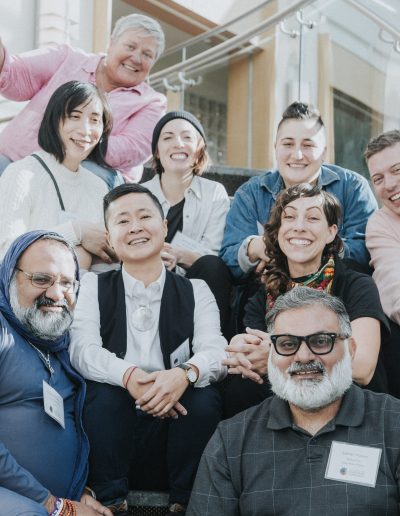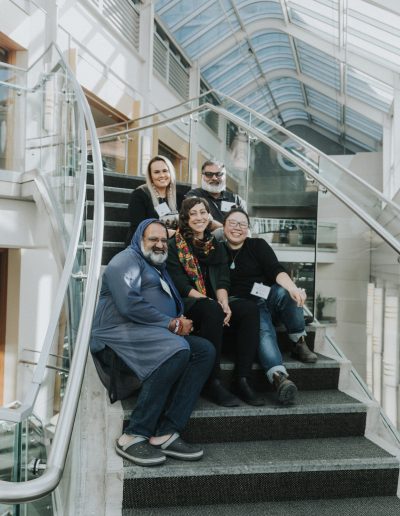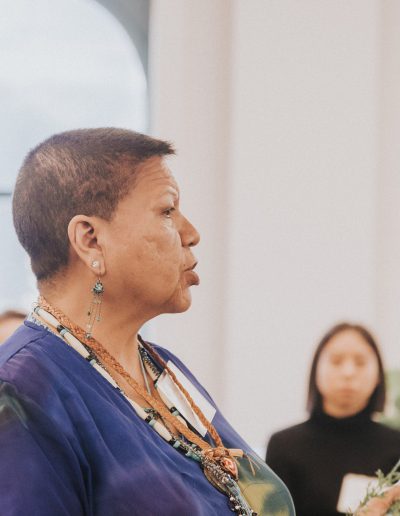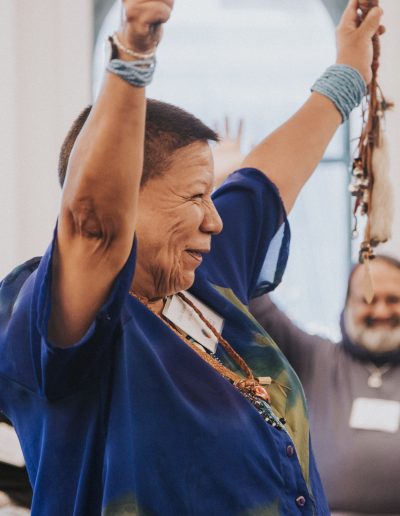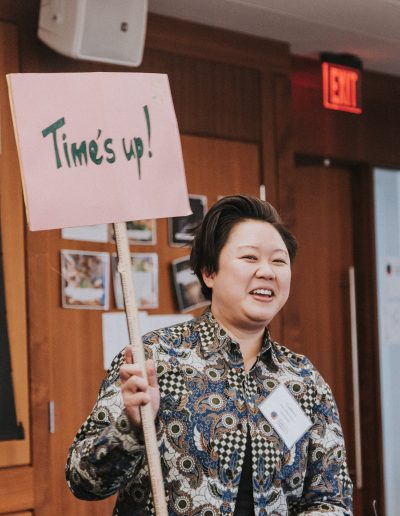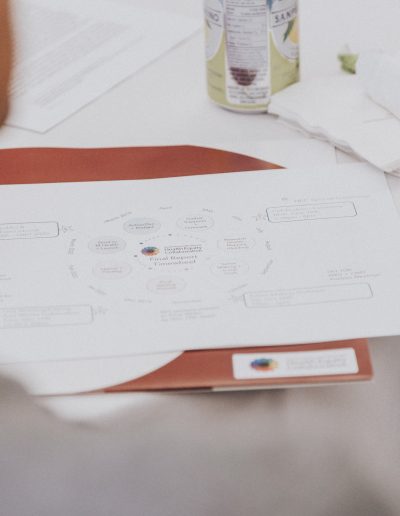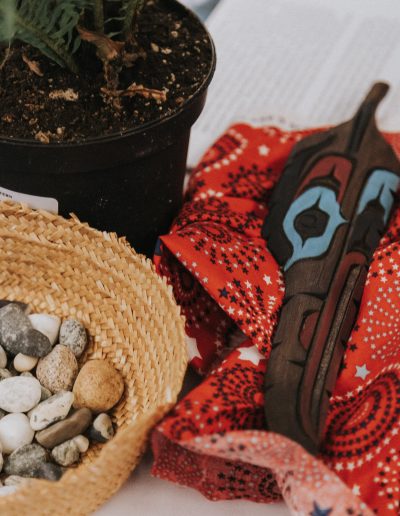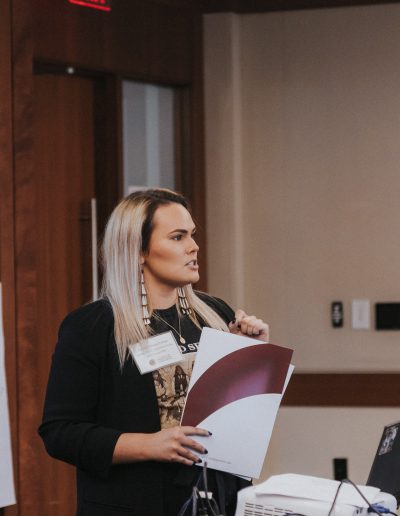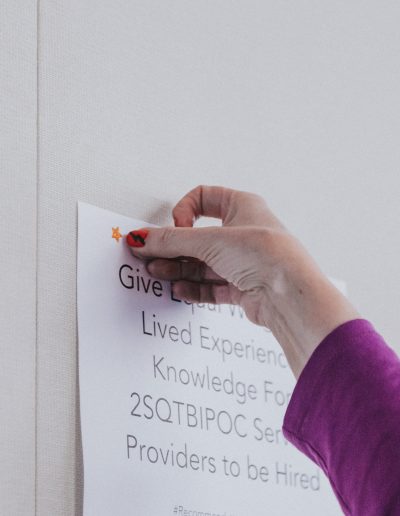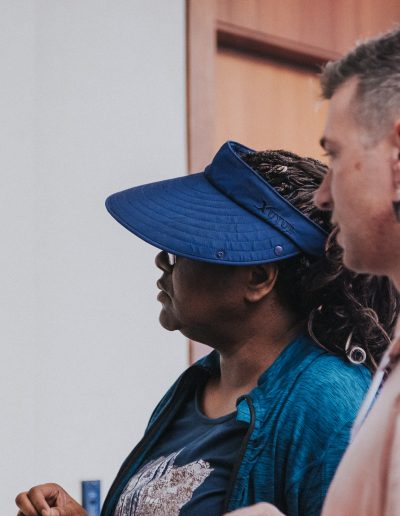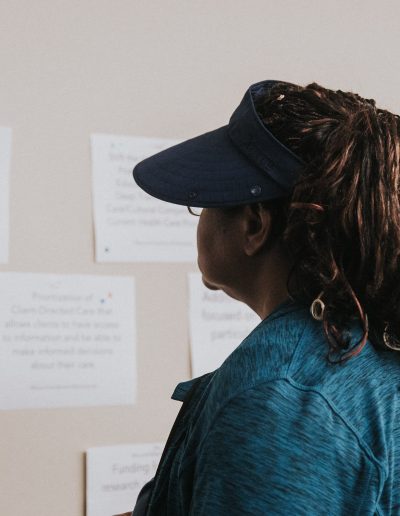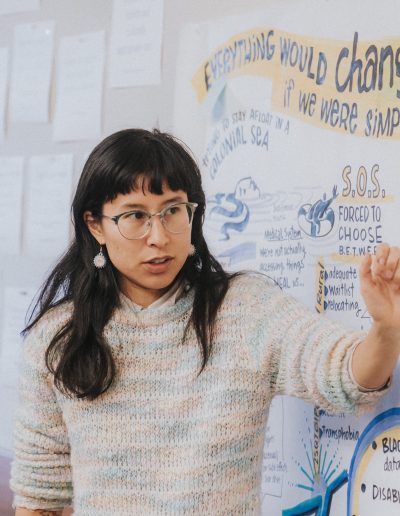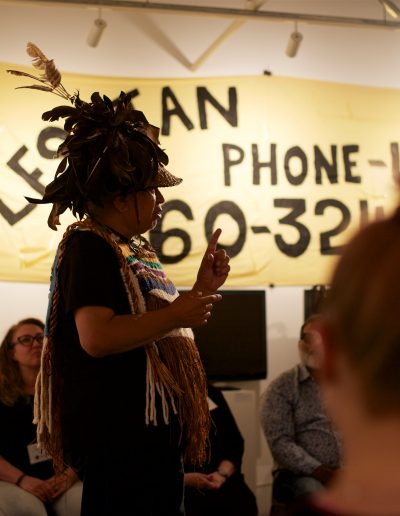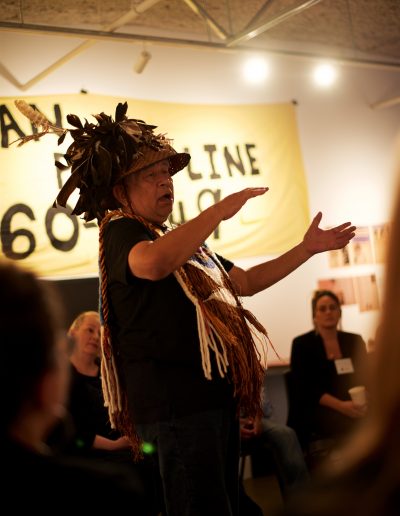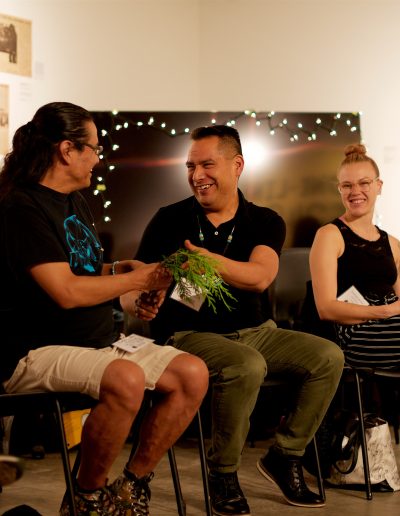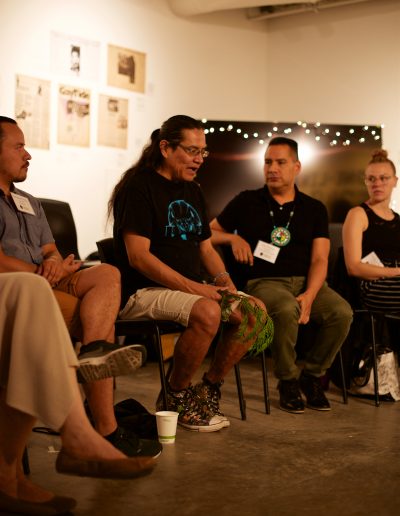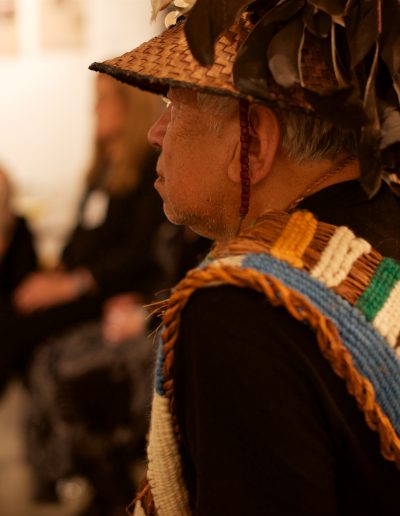
What the HEC!? What is the Health Equity Collaborative?
The Health Equity Collaborative (HEC) is a five-year project designed to identify and describe barriers to health for sexual and gender diverse folks across the ceded and unceded Indigenous territories now known as BC.
The project brought together people with lived experience as well as allies working in health care, research, and in the community for a participatory consultation process designed to understand the issues surrounding health equity. While primarily focusing on the voices of those most marginalized, HEC aims to create a community-based report providing recommendations to increase health equity.
May 2020 NOTE: HEC is in the final stages of producing a community-based report to be shared with government and community leaders in 2020. A launch will occur once the COVID health crisis is alleviated. Meanwhile, many members are seeking funds to do follow-up advocacy projects. To stay in the loop write to the volunteer coordinator and ask to be put on the email list: HEC.SGD.BC@gmail.com.
Why health equity for sexual and gender diversity?
Sexual and gender diverse communities in British Columbia experience significant health disparities when compared to the general population. These disparities are rooted in long-standing social and cultural issues that have served to disadvantage these communities and perpetuate stigma and discrimination.
Intersecting oppressions among sexual and gender diverse people who are also Indigenous, Black, Multiracial and People of Colour (POC) can result in further negative impact. These may include historic and ongoing colonization, racism, and intergenerational or multigenerational experiences of trauma and genocide.
More About the Health Equity Collaborative (HEC) and PeerNetBC
In 2015, the BC Ministry of Health invested $500,000 to investigate health barriers for sexual and gender diverse people. Watari, a non-profit organization in Vancouver, was given a one-time grant to manage, and a grassroots collaborative assembled to carry out the work. In 2018, Watari subcontracted management to PeerNetBC, and we have supported the active research phase of the project.
HEC decided to use these funds for community/peer-based research focused on:
- Describing barriers and victories shared from the perspectives of 2SQTIBMPOC individuals and communities relating to health care access, inclusion, and quality of interaction with health services;
- Seeking wise practices from current and former services and community supports;
- Providing recommendations for improved policy and practice in BC.
While HEC is not the first study concerning health barriers affecting sexual and gender diverse communities, what is unique to this study is the prioritizing of Black, Indigenous, Multiracial and People of Colours’ (2SQTIBMPOC) voices, and the by-us-about-us methodology used throughout the project.
The HEC Team
HEC’s unique decision-making structure:
In its first year, HEC established a design that ensured equity in decision-making. This non-hierarchical structure enabled over 40 members (including 20-25 highly active) to write a community report as a collective. The whole collaborative met once a month for several years at an open meeting, and all significant decisions were made by consensus.
HEC established three caucuses: Indigenous; Black + POC (which usually met together as the “Joint Caucus”); and the White Caucus. A leadership circle met regularly, with two representatives from each caucus present. The leadership circle allowed for a deeper dive into details, and reps would bring suggestions back to the collaborative for further discussion.
During the research phase of the project, HEC created several working circles to guide action. Each group hired a community researcher for literature review, community consultations (peer-led focus groups, provided with micro-grants), and interviews with service providers with lived experience.
Elders working with HEC:
Two Coast Salish Sulsalewh (elders), Bill White and Roberta Price, offered cultural, spiritual and ethical guidance to HEC during the research phase, and helped with group process and special gatherings. Elder Roberta also led a circle with the Indigenous Caucus. All of HEC raises our hands in great thanks to these two amazing elders!
PeerNetBC’s staff with HEC:
From 2018-2020, PeerNetBC was offered Project Management, including a full-time Project Coordinator, Sabrina Bonfonti, who worked under the direction of Lydia Luk and with assistance from Cadence Chen and Bean Keane O’Hara. HEC would also like to shoutout to everyone on the PeerNetBC team for supporting HEC as well!
Snapshots from HEC
We felt safe and knew it was important to help, to reflect and to connect the teachings which said, “we have value.” As for Roberta, I loved for example that she wore red, a powerful color for women and healing. As soon as she walked into the hallway on that first day I was immediately reminded of our old people of the rich traditions and culture of sharing, taking care of one another, helping others.
She matched her red dress with wrist bands that were black and red. In doing so, she honoured the powerful colors which said “we honour both sides of our lives, black for men and anger, red for women and healing!”
Her kindness and humility said, “let’s’ find a way to honour each other,” This was her group and her dress and demeanor said, “these people are important to me…lets’ treat them with amazing respect…they are beautiful, they are kind, they are looking for ways to belong, to know love, to be loved and to strengthen as a family!”
HEC provided me with an opportunity to learn how to listen to, understand, and change the things that make our society inequitable for trans and Two-Spirit and queer people, especially QTBIMPOC. This happened because HEC made space for constant reflection and accountability about our roles and voices, in my case as someone who is cis and a white settler.
The members of HEC were patient and generous, which in turn made the work a relational project that will serve us for a long time to come. The staff from PeerNet were integral to this process, providing a flexible kind of support that allowed HEC to have an entirely unique working and decision-making structure—one that ensured equitable participation and leadership by Indigenous and POC members of HEC.
It was an honour and privilege to participate in the sexual gender & diversity health equity collaborative. In this world, there are unseen forces of nature all around us. This was not so, in the presence of our two spiritual elders, Roberta and Bill. I listened with my 3rd ear, while their energy of love, care and compassion enveloped us.
The culmination of their earthly wisdom and PeerNetBC’s community building principles propelled me into the wind, like a dandelion puff seed. This newly gained vibrant life force is my foundation to seed in a new environment. The nourishment flows within me while I continue my journey of outreach, community engagement and healing of marginalized voices.
Working with this collaborative has been such an amazing experience; I’m so proud of the work we’ve done together! Our group has made great strides in re-organizing power structures that replicate oppression, and working to de-centre whiteness, in order to truly put QTBIMPOC health equity at the forefront.
I’m so grateful for the guidance, patience, and kindness of our QTIBIMPOC members, and for the strong leadership provided by Indigenous Elders Roberta Price and Bill White. As our Project Management team, PeerNetBC facilitated this process with such skill; the decolonial and anti-racist lens that they bring to all of their work really enabled us to move forward in a good way.
